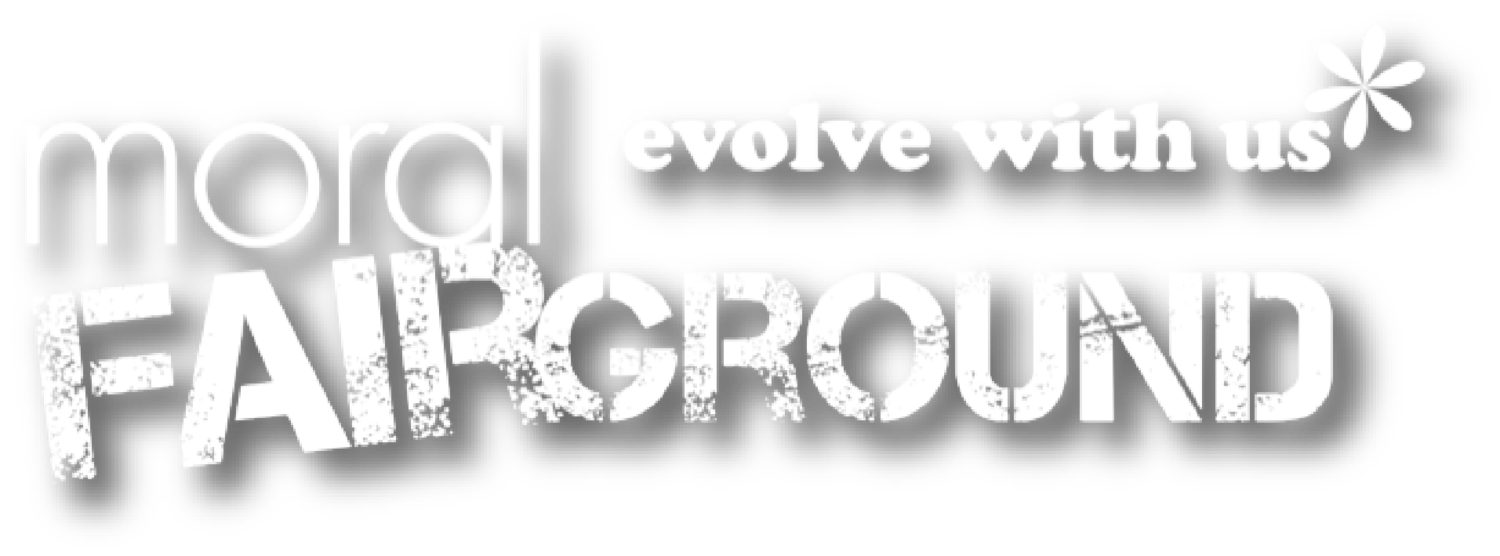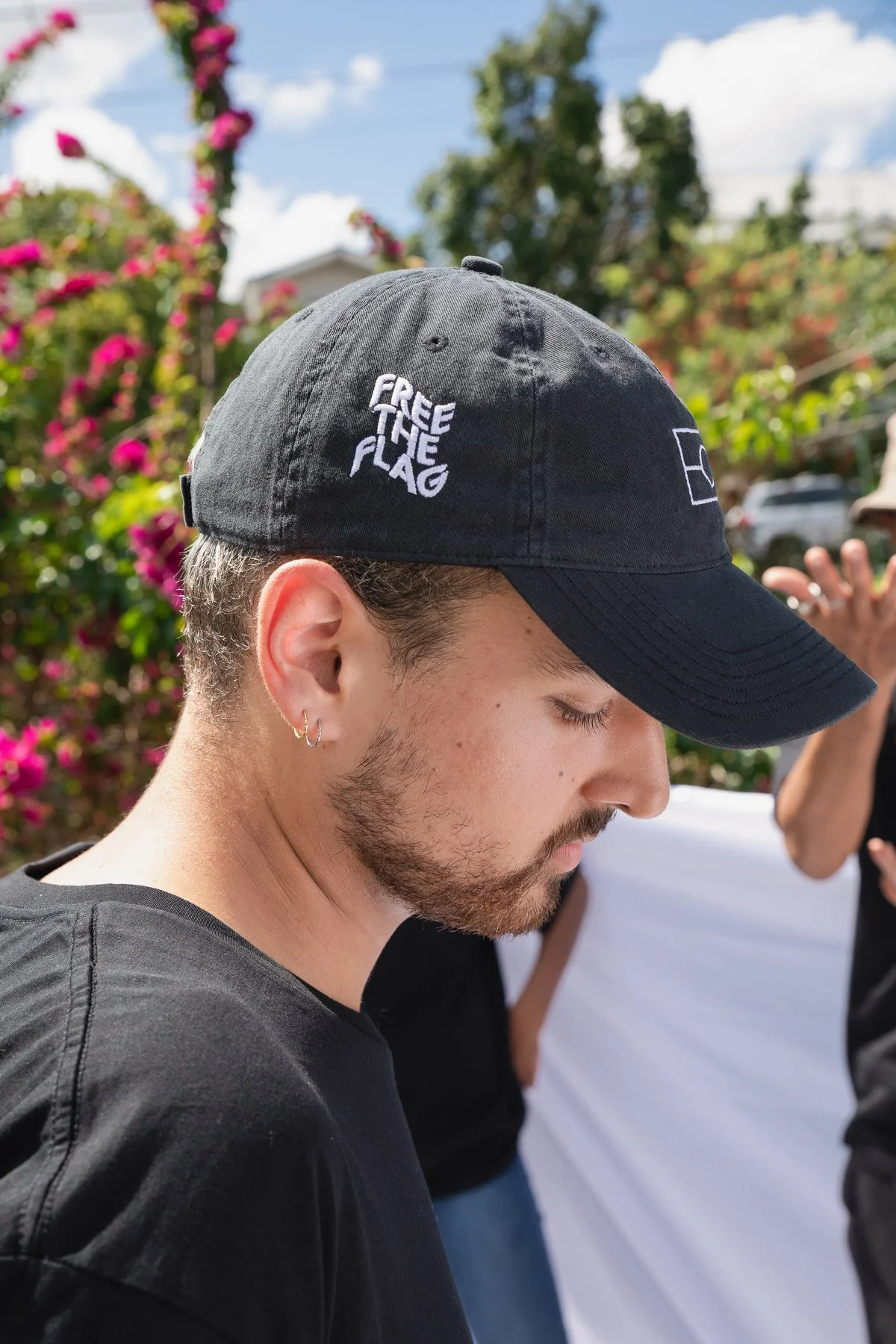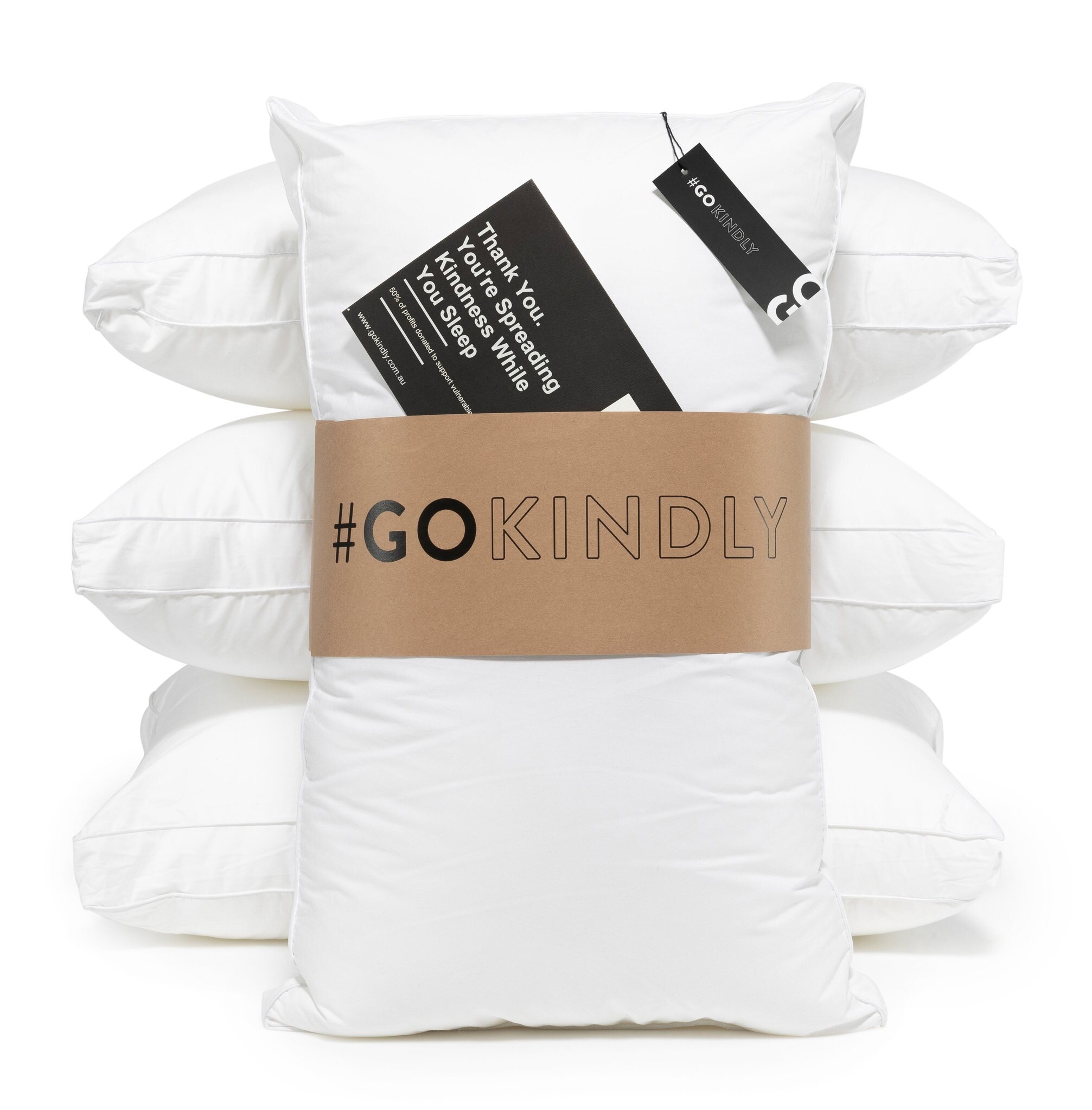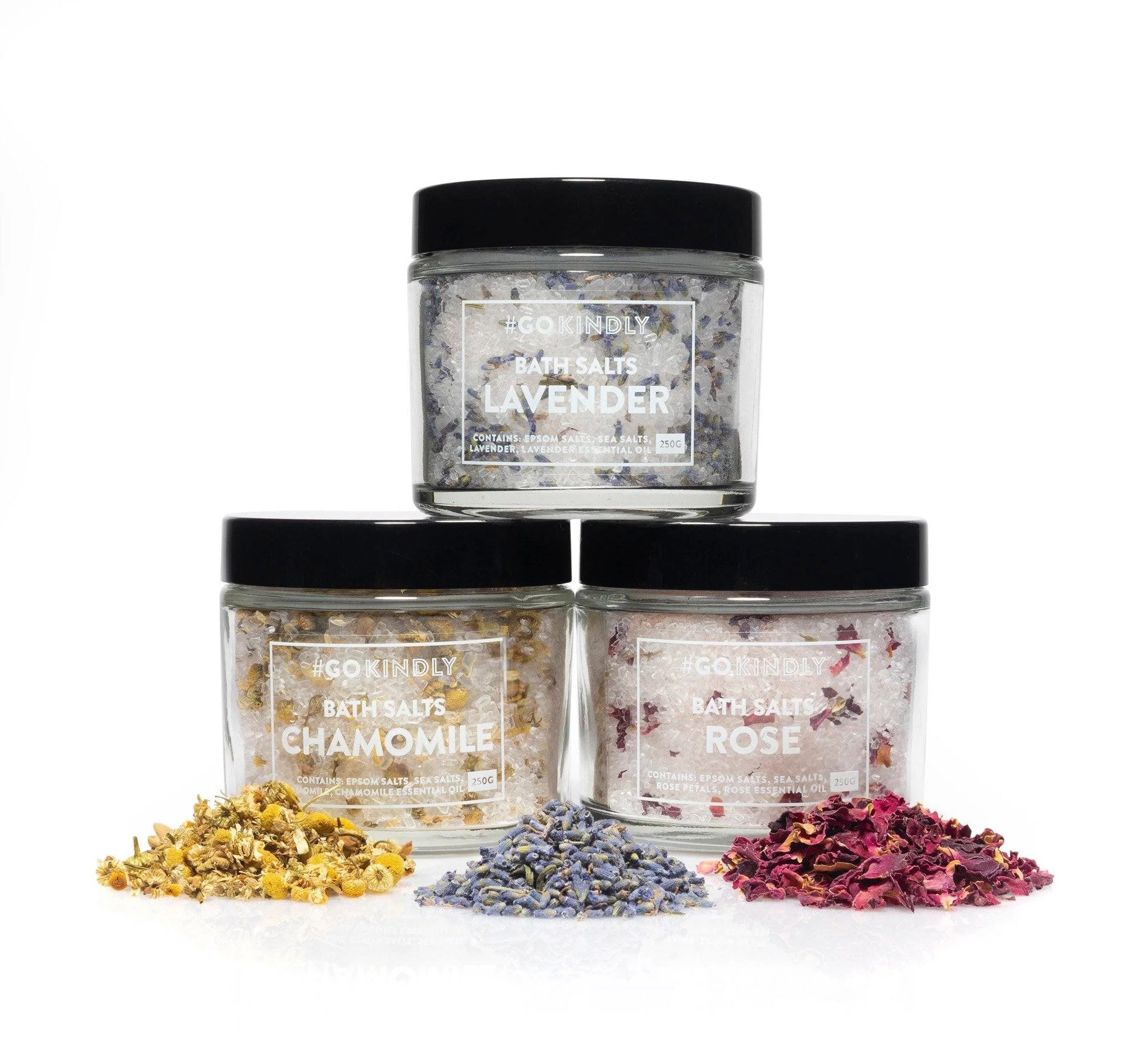In Conversation with Social Enterprises in Moreland
On Thursday, July 8 2021, we’re celebrating social enterprises in Moreland with our ‘In Conversation’ networking event. Moral Fairground presents, in association with #GoKindly and Clothing The Gap, a social enterprise networking event at Trinity Hall on Sydney Road. Due to the COVID lockdown in Melbourne, we postponed this event from June to July, which gave us some time to chat with our speakers Laura Conti of #Go Kindly and Sarah Sheridan of Clothing The Gap.
Sarah Sheridan (Clothing The Gap)
Could you share some information about your social enterprise/organisation with us?
Clothing The Gaps is an Aboriginal owned and led social enterprise operating on Wurundjeri Country, using fashion and business as a vehicle to influence change. With a new store and distribution space on Sydney Road, Brunswick, we are stoked to call Moreland home.
Clothing The Gaps is a play on words on ‘Closing The Gap’, an Australian Government health initiative to help close the gap between Aboriginal and Torres Strait Islander people and Non-Indigenous people.
The profits from Clothing The Gaps are reinvested in impact for social change-promoting equity & adding years to Aboriginal peoples lives through health programs ran by our Clothing The Gaps Foundation, campaigning, and employment.
What inspired you to form a social enterprise?
Businesses have an incredible opportunity to use their platform and operations as agents for change. The ability to use profit for purpose in a social enterprise framework enables us to self-fund the impact work we deliver through our Foundation. The ability to be independent from traditional funding models and have individuals support the work instead was the drive to this business model.
As a woman in your community/organisation, what are the most significant challenges you face?
It’s really important that we stop asking women what they find most challenging as defined by their gender – this only reinforces that we as women are not meant to be in the business space and that we are intruders in a ‘man’s world’.
As an individual in business, there are a number of challenges that present themselves every day. Looking for ways to turn them into opportunities and springboards is the key to moving through them without letting them bog you down and slow the impact of the work. A strong network of supporters also enables quick problem solving and different ways of thinking and working in tackling challenges.
I am proud of and grateful for the community of diverse individuals across many sectors that continue to innovate and collaborate to influence positive and progressive change, irrespective of traditional gender roles defined by a patriarchal system.
What advice would you give to someone wanting to start a social enterprise?
In recent times there has been a large shift from consumerism to conscious cash in the way that people see their dollar in action out in the world. Policy changes to procurement along with changes in society that came from COVID-19 are seeing businesses, organisations and the general public demanding to see how their dollar makes a difference. It means that the support of the social enterprise sector is growing and, in turn, as is the opportunity for impact.
Social enterprise is unique in that you need to be across both the business model and the impact model. For anyone looking to start out in business and wondering if a social enterprise is the model for them, I’d encourage them to research the work already being undertaken in their specific sector of focus. Having a strong plan for success in the income sector is just as important as what you want to see changed in the world through the impact of work. Without a successful and sustainable business model, the impact work can’t be achieved. And then go for it! Reach out, message, email, connect with the community of social enterprises around you. It’s an amazing community to be a part of!
How does your social enterprise make an impact on your community?
We’re really proud that the impact of the brand is multi-pronged in our sphere—clothing The Gaps as a social enterprise funds the impact work of the Clothing The Gaps Foundation. The Foundation focuses on increasing physical activity. Moving is integral to our health, mentally, physically and socially.
We started virtual movement events to motivate people to keep moving and to connect with one another. Over the 2020 year, we did 3 separate virtual events and overall got over 20,000 people moving, which included participation from 8 different countries. Our runs have had over 20% Aboriginal and Torres Strait Islander participation! That is massive, and we were so proud given that Aboriginal and Torres Strait Islander people make up 3% of Australia’s population.
We create merch with a message that increases important conversations that lead to change in the community. One example of this is the Free The Flag campaign. This is a fight we are still fighting; the flag is not free. However, all our campaigning and advocacy over the past 2 years led to a Senate Inquiry in Parliament! We often use this as an example when we talk about your tee making impact and change.
Through our accreditation with Ethical Clothing Australia, we are also harnessing the positive impact that ethical trading can have on the community. We are the first Aboriginal business to be registered with ECA. There is a huge assumption that if something is made in Australia, that it is made ethically. This is not always the case. Our accreditation with ECA ensures that we produce in Australia under a system of checks and balances that protects all of the workers in our supply chain. Ensuring that we are prioritizing and maximizing ethical trade is really important to us.
What recent struggles have you faced recently, being a social enterprise, and how have you overcome them?
Clothing The Gaps has had a rollercoaster of a start to its journey! Some of the biggest hurdles we’ve faced have been around securing a brand name through a 2-year legal battle and then negotiating with US clothing giant GAP and the implications of the rebrand from Clothing The Gap to Clothing The Gaps. It’s taken an enormous amount of time and energy from the whole team to work through the requirements of a rebrand. I think we’ll all be incredibly relieved when it’s all finalised, and we can focus our full energy again on what we do best, creating merch with a message that starts a conversation. Now that we know what we are going to be called, we have been able to paint our building and get signage up, and it’s great to finally be loud and proud about calling Sydney Road home. We had so many people thinking we are a pop-up; we are here to stay!
As a social enterprise, telling the full story of the impact is also challenging when there are so many incredible stories to tell, and we are so busy just getting the work done. We hear and see so many ripple effects of the brand and the Foundation, summing it all up for social media or the website is a tough gig.
COVID-19 has been a continuous challenge but has bought with it innovations and rapid social change. Like everyone else, we’ve just had to ride the wave the best way that we can!
What do you hope to achieve with your organisation within the next decade?
It’s really exciting to think about what’s possible to be achieved within a decade! We’ve been leading the Free the Flag campaign for two years now, and we hope that very soon, we get to celebrate a free Aboriginal flag. This campaign is one example of using our platform for continued thought leadership on issues facing society. We hope to continue to be an example for other businesses on the opportunities available to positively influence society when you use your platform consciously and harness the power of business and fashion as a vehicle to make change. Imagine the issues in society we could tackle if every business used its platform like this.
Every day we strive to be a successful and sustainable business that continues to grow and evolve with the changes in the landscape. Bring on the next decade and the continued growth and strength in support of the Aboriginal business community.
Laura Conti (#GoKindly)
Could you please share with our audience a bit about your organisation and its impact?
#GoKindly was created to be an ethical and socially responsible brand – from top to bottom. We create bed and bath goods, tread lightly on the world and donate 50% of the proceeds to support women experiencing housing stress.
I wanted to build a brand that was kinder and more ethical than any brand I knew – I wanted us to remove single-use plastic packaging, to hire from under-represented backgrounds, to use our profits to make the world better.
Our first product was our Signature Bedroom pillow, followed by our low profile pillow and kids pillow. We know have Duvets – in summer and winter. And grand plans for a mattress.
Our motto is Everyday Goods with Extraordinary impact. We wanted to create items you’ll always need, and give people a way to create a kinder world with everyday items.
COVID has had an impact on communities globally. What has been the impact for the communities you work with, either positive or negative?
COVID has made women’s lives harder – women have shouldered the burden of work and homeschooling. We’ve had unprecedented demand from the charities we support – who’ve themselves been under unprecedented demand for food vouchers and accommodation support. The nature of insecure work has found women in casual positions with fewer hours, and less rental security as a result.
Luckily as a result of the shift to online/eCommerce over lockdowns, we’ve seen a shifting cohort of buyer/consumer on #GoKindly – as an older group of both men and women, want to see their money do good, and are for the first time buying online.
We hope that this trend continues – and that we are then able to provide support to our charity partners at this time when wealth inequity and income insecurity is growing.
What are the key challenges in the modern supply chain that must be addressed using ethical trade as a vehicle for change?
We don’t use Fairtrade, we use Australian Made – we are passionate about ensuring that all our goods are made using fair wages and fair working conditions. We’re quite passionate about our goods being ethical and fair. Australian Made has had a renaissance thanks to COVID and supply chain pressures – which while it placed pressures on our manufacturer – we’re pretty happy about. We think Australia can make pretty good things, for a good price.
How are you driving impact for the social enterprise movement in the places that you operate? What is the response like from the local policymakers? How has your journey been?
We do a lot of activism through our charity partners and through our Co-founder Laura’s network. Laura is passionate about women’s stories of ‘difference’ and discrimination – and does a lot of storytelling and activism with larger businesses and corporates. Women’s stories are often very hidden – women work so hard to ‘survive’ and often (especially non-mainstream women) don’t get heard in the media or in govt policymaking.
Coercive control and family violence is a big driver of homelessness and housing stress in women. And usually, these women have children. Women and their children find themselves homeless, couch surfing or living in cars/caravans as a result of violence. We do a lot of work raising awareness about that
Also talking about what homelessness looks like – it’s not always sleeping rough. At the last census, 49,000 women were homeless – the vast majority of the couch surfing, sleeping in cars, tents, caravans and motels. We do a lot to raise awareness of that.
What are the main challenges for the communities you work with in terms of employment, health, education, social and environmental issues and how is your org addressing these?
Employment opportunities really matter to us, economic empowerment changes lives.
If we have the opportunity to hire, we’ll hire for ‘difference’. We’re not that interested in hiring mainstream – we want to work with people returning to the workforce, with disabilities, with unusual skills. It’s important to us that our workforce creates and supports change – upskilling, supporting people while they study and raise kids.
The other area we’re passionate about is minimising our impact on the world – we minimise waste and energy wherever we can. We use compostable packaging, re-use all plastic, recycle whatever we can. We watch our water, gas and electricity – minimising wherever we can.
Are you able to share any success stories in relation to the communities you work with?
We are a bit protective of the women we support – and their stories. We try not to delve into ‘poverty porn’ because these are real people, with real struggles. We work with our charity partners to provide support without judgement or asking too many questions – for us what matter is that someone asks for help, and gets is.
During lockdown in Melbourne last year we provided financial support for Telstra Dongles for women trying to support kids at home with home-schooling. Last Christmas we provided 10 big packs (with a corporate sponsor) of Christmas gifts for women to give to their kids on Christmas morning. We’re always providing pillows to those in transitional accommodation, so they get a new pillow and dignity while in fairly ‘ordinary’ accommodation.
How To Support
Buy tickets to our ‘In Conversation with Social Enterprises in Moreland’ event, with speakers Laura Conti and Sarah Sheridan.
On Thursday, July 8th, let’s come together to network and hear the stories behind two influential social enterprises from Moreland City. With light catering provided, a free glass of sparkling wine, free coffee and tea, have a special night that will inspire.
Date: Thursday 8th July 2021
Time: 6:00pm - 8:00pm
Price: $30 + GST & BF
Address: Trinity Hall, 520b Sydney Road, Coburg 3058
Clothing the Gap
Website www.clothingthegaps.com.au
Email hello@clothingthegaps.com.au
Phone 0413 344 590
Address 744 Sydney Rd, Brunswick, Victoria, 3056
#GoKindly
Website www.gokindly.com.au
Email info@gokindly.com.au
Contact: www.gokindly.com.au/pages/contact-us-gokindly
Address 520B Sydney Road, Coburg, Victoria, Australia 3058










